

The Impossibility(2024)
The director Tomáš Hlaváček is loosely building upon the time-lapse documentary Housing Against Everyone, in which he captured the dispute surrounding the Rapid Re-Housing project in Brno. The topic of decent housing for families in need is also addressed in The Impossibility. People occupying rental apartments in Brno's “Kuncovka” wanted hot water, electricity and fair negotiations. Instead, they received bullying and threats from the owner, who, in his own words, “does not like coloured people”. Neither the police nor the city helped them. So they joined forces with activists and lawyers to fight for their rights. Hlaváček chronicles the months-long conflict with its legal follow-up as an engaged observer.

Movie: The Impossibility

Dům bez východu
HomePage
Overview
The director Tomáš Hlaváček is loosely building upon the time-lapse documentary Housing Against Everyone, in which he captured the dispute surrounding the Rapid Re-Housing project in Brno. The topic of decent housing for families in need is also addressed in The Impossibility. People occupying rental apartments in Brno's “Kuncovka” wanted hot water, electricity and fair negotiations. Instead, they received bullying and threats from the owner, who, in his own words, “does not like coloured people”. Neither the police nor the city helped them. So they joined forces with activists and lawyers to fight for their rights. Hlaváček chronicles the months-long conflict with its legal follow-up as an engaged observer.
Release Date
2024-10-31
Average
10
Rating:
5.0 startsTagline
Genres
Languages:
EnglishČeskýKeywords
Similar Movies
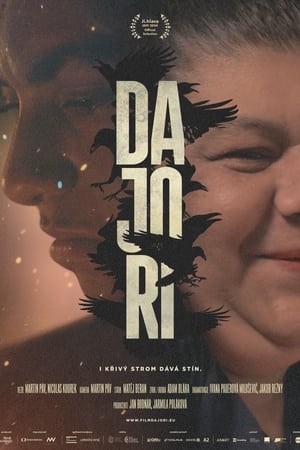 0.0
0.0Dajori(cs)
The protagonist of Dajori (mother in Romani) is forty-five-year-old Marie Hučková, who lives with her husband in Varnsdorf. After her younger sister Iveta ends up on the streets with her nine children, she decides to take her own fate and theirs firmly into her own hands and attempts to break out of the vicious circle of poverty that characterises their hometown. This sensitive film, which captures three years of a newly formed family's life together, follows the small joys and daily challenges of caring for others and asks whether a mother's love can overcome the dysfunctional system in which socially excluded localities find themselves.
Hood Movie: Is the City One Only?(pt)
The city of Brasilia hoped to become, from its very architecture, the expression of modern urban conception and an egalitarian society. However, neither the workers hired to pursue this project, nor the constant migratory flow that took place from the beginning, fitted in the government’s plan. In 1971, it began what was known as the “Campaign to Eradicate Invaders”. Together with other locals, the director reflects on the history, the transformations and the future of this place where the hypocritical official jingle “A cidade é uma só!” is no longer heard.
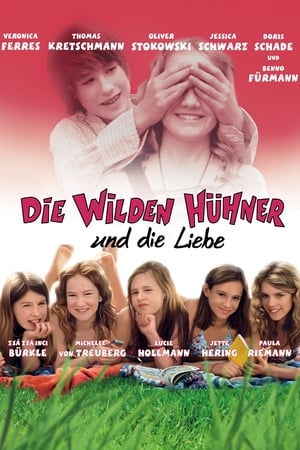 6.4
6.4Wild Chicks in Love(de)
Five teenage girls navigate the twists and turns of their complicated emotional lives, and learn the secrets of the heart through their friendship.
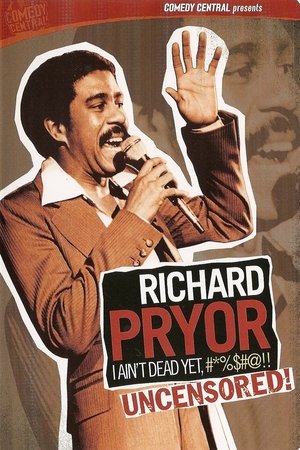 8.0
8.0Richard Pryor: I Ain't Dead Yet, #*%$#@!!(en)
This documentary praises comedian Richard Pryor by showing fragments of various shows Pryor made and having famous comedians talk about the importance and greatness of Pryor. Different themes are reviewed this way. Among others, they are the use of the word nigger, the way Pryor talked about racism, the fact Pryor talked openly about his own faults on-stage and the fact he didn't mince matters.
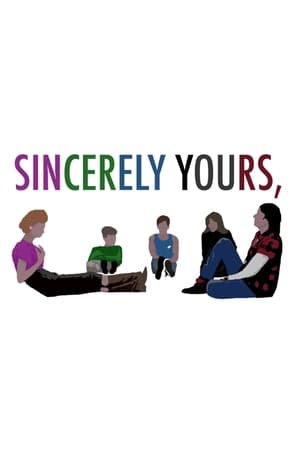 0.0
0.0Sincerely Yours(en)
Documentary about the making and impact of "The Breakfast Club."
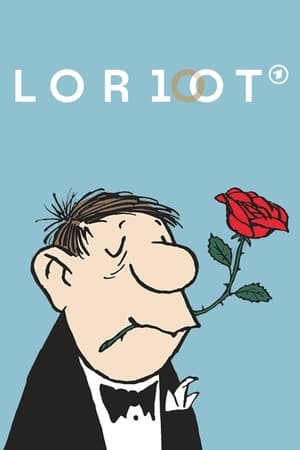 8.5
8.5Loriot 100(de)
Documentary about German comedian Loriot alias Vicco von Bülow, who would have been 100 years old in 2023.
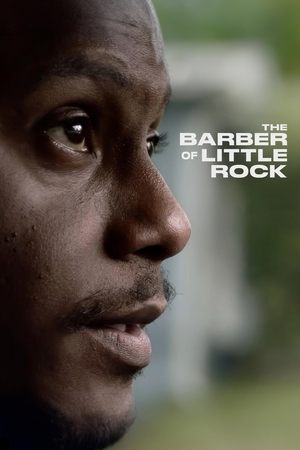 6.4
6.4The Barber of Little Rock(en)
Explores the racial wealth gap in America through the story of People Trust, a homegrown community bank in Little Rock, Arkansas, working to uplift a community that has been largely excluded from the financial engines that create wealth.
 7.4
7.4Duran Duran: Unstaged(en)
Duran Duran: Unstaged is a multimedia event that takes the audience on a cinematic journey with one of the most successful acts in the world during their performance at the Mayan Theater in Los Angeles.
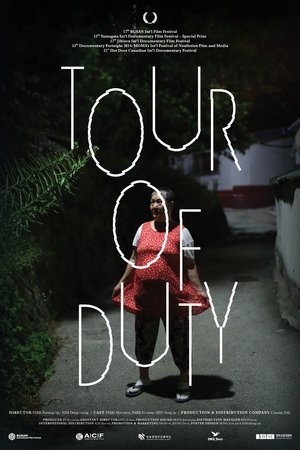 0.0
0.0Tour of Duty(ko)
There remains only silence in a US military camp town and the, soon to be demolished, surrounding entertainment district in the northern part of Kyounggi province. In the town, three ex-prostitutes live with pains engraved in their minds and bodies. This film poignantly shows pieces of their memories and their figures wandering through the forgotten site, and reveals the most pathetic truth left behind.
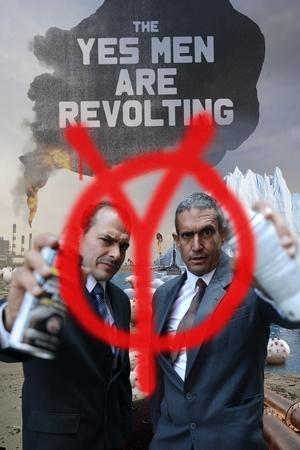 7.1
7.1The Yes Men Are Revolting(en)
Activist-pranksters Andy Bichlbaum and Mike Bonnano pull the rug out from under mega-corporations, government officials and a complacent media in a series of outrageous stunts designed to draw awareness to the issue of climate change.
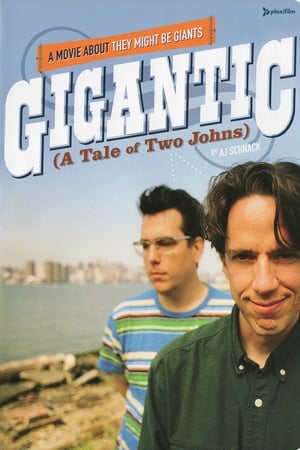 8.2
8.2Gigantic (A Tale of Two Johns)(en)
John Flansburgh & John Linnell met in the 1970s as junior high students in Lincoln, Massachusetts. A decade later, their band—They Might Be Giants—would stand at the forefront of a burgeoning East Village NYC performance art scene as well as the college music revolution of the late 1980s. Filmed in 2001, ‘Gigantic (A Tale of Two Johns)’ is the acclaimed true story, tracing their independent and sometimes hilarious path through two decades in the pop music wilderness. From their legendary Dial-a-Song answering machine, to their Grammy Award-winning theme song for ‘Malcolm in the Middle’, fans and friends gather to tell the oral history of Brooklyn's finest alternative rock band.
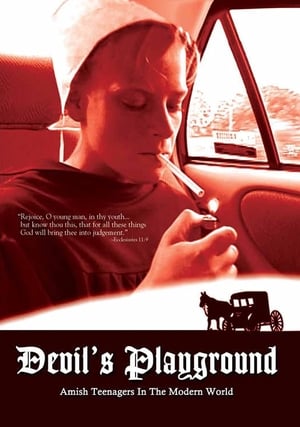 6.6
6.6Devil's Playground(en)
The Devil's Playground is a fascinating and moving documentary about a little-known aspect of Amish life. Amish are not permitted to join the church until their late teens, and have to do so of their own volition. The film explores Rumspringa, wherein young Amish are given the opportunity to explore the "English" way of life.
 7.0
7.0Ultimate Gretzky(en)
They call him "the Great One" and this is the first time ever he has told the many stories behind his greatest accomplishments and moments. Hosted by hockey personality John Davidson and Wayne's good friend, Keifer Sutherland, sports fans take a journey into the man that is Wayne Gretzky.
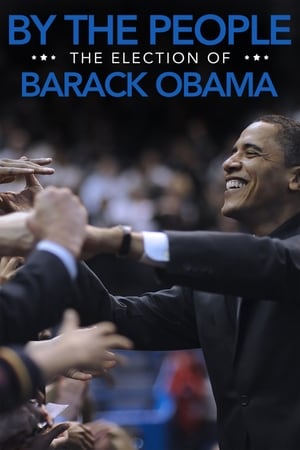 6.8
6.8By the People: The Election of Barack Obama(en)
By the People: The Election of Barack Obama is a documentary film produced by Edward Norton broadcast in November 2009 on HBO, which follows Barack Obama and various members of his campaign team, including David Axelrod, through the two years leading up to the United States presidential election on November 4th, 2008.
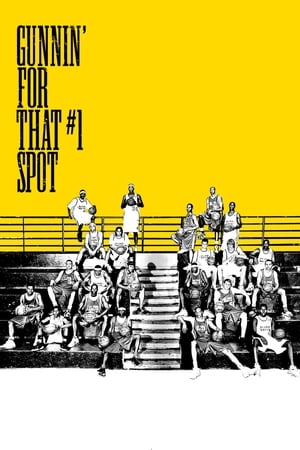 6.2
6.2Gunnin' for That #1 Spot(en)
The film follows 8 of the top high school basketball players in the US at the time of filming, in 2006. The plot centers around the first annual Boost Mobile Elite 24 Hoops Classic game at the legendary Rucker Park in Harlem.
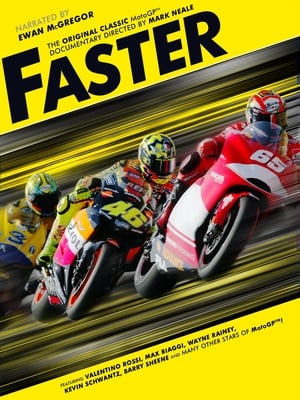 7.8
7.8Faster(en)
Faster is an electrifying tribute to the white-knuckle world of MotoGP™ — the fastest sport on two wheels — where the world’s top riders go wheel to wheel at over 200mph and crash at over 100mph. Narrated by Ewan McGregor, Faster chases two seasons’ worth of the world championship, featuring revealing interviews with riders, mechanics, doctors, commentators and fans. If you want high octane, adrenaline fuelled thrills, Faster will take you on a nerve shredding journey through the most exciting sport on the planet!
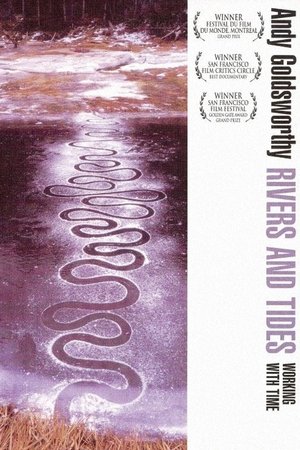 7.3
7.3Rivers and Tides(en)
Portrait of Andy Goldsworthy, an artist whose specialty is ephemeral sculptures made from elements of nature.
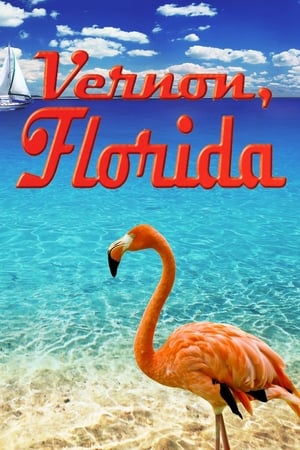 6.7
6.7Vernon, Florida(en)
Early Errol Morris documentary intersplices random chatter he captured on film of the genuinely eccentric residents of Vernon, Florida. A few examples? The preacher giving a sermon on the definition of the word "Therefore," and the obsessive turkey hunter who speaks reverentially of the "gobblers" he likes to track down and kill.
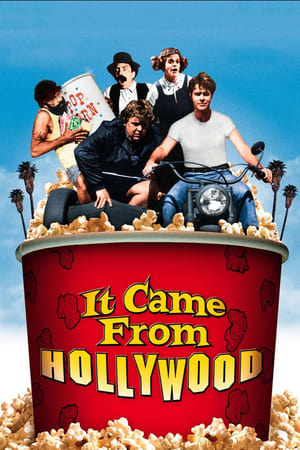 5.2
5.2It Came from Hollywood(en)
Dan Aykroyd, John Candy, Gilda Radner and Cheech and Chong present this compilation of classic bad films from the 50's, 60's and 70's. Special features on gorilla pictures, anti-marijuana films and a special tribute to the worst film maker of all-time, Ed Wood.
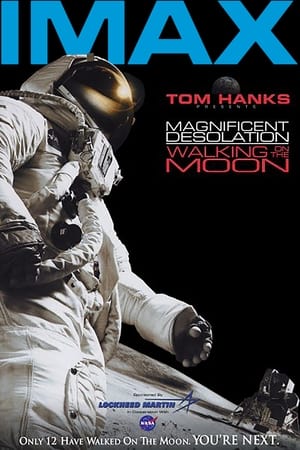 5.8
5.8Magnificent Desolation: Walking on the Moon(en)
Twelve men who belong to one of the world's most exclusive fraternities -- people who've walked on the surface of the moon -- are paid homage in this documentary. Using newsreel footage, rare NASA photographs, and digitally animated re-creations, Magnificent Desolation: Walking on the Moon examines the Apollo missions between 1969 and 1972 which put astronauts on the moon.